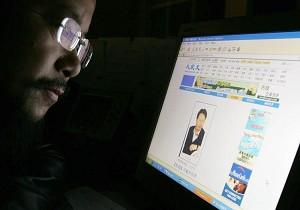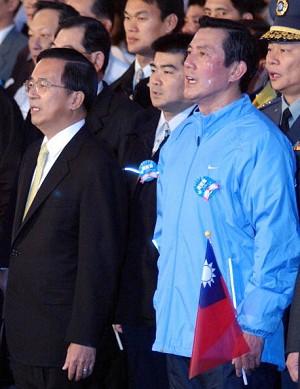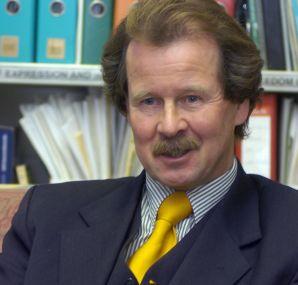BEIJING — China is being forced on the defensive over its media censorship policies, fending off attacks from United States and even, unexpectedly, its own aging Communist Party officials.
This week, Beijing has had to defend its controls over the Internet, just days after U.S. Web giants faced bipartisan criticism in Congress for bowing to Chinese communist regime demands to block sites and help track down critics who communicate online.
At the same time, a former secretary to Chairman Mao Zedong and a dozen other senior Chinese scholars and ex-officials denounced the shutting down of an investigative weekly as a “historic incident”.
And the U.S. State Department has set up a task force to help American technology companies protect freedom of expression in countries like China that censor online content.
But Beijing hit back on Wednesday, publishing remarks from a senior Internet regulator denying arresting anyone for online remarks, and saying Web rules were in line with international practices and no different from other countries.
“Since they’re coming out and saying some fairly unusual things, I think it’s an indication that they feel pressure,” said Sharon Hom, executive director of Human Rights in China, which is preparing to testify before Congress on freedoms in China.
In past weeks, the communist regime has moved to close publications and fire staff who reported on sensitive issues like corruption and mining accidents, fearful of losing their ability to stop news critical of the Communist Party from leaking out.
The party’s tentacles are now even reaching into foreign Internet companies in China in exchange for operating in a market boasting the second largest number of Web users.
Google Inc.’s Chinese search engine, for example, blocks many terms associated with topics related to democracy or independence for Tibet, part of China, and Taiwan, a self-ruled island which China considers its own.
Yahoo Inc. has been accused twice in the past months of providing evidence to Chinese authorities that led to arrests on political charges of two users of the U.S. company’s services.
Four Newspapers Hit
Since late last year, Chinese censors have dismissed editors of three occasionally adventurous newspapers, the Beijing News , Southern Metropolitan Daily and the Public Welfare Times .
Last month, the Freezing Point supplement of the China Youth Daily was closed after it published an essay by a Chinese historian criticizing what he said were long-standing nationalist distortions in Chinese history textbooks.
That prompted a joint denunciation from not only Mao’s secretary and biographer, Li Rui, but also former senior editors at the Communist Party’s own mouthpiece, the People’s Daily , and the official Xinhua news agency.
They said China’s elaborate restrictions on information could have dire consequences for the country’s evolution.
That just added heat on the communist regime to hit back and try to present its own viewpoint, outlined in part by Liu Zhengrong, vice head of the Internet Affairs Bureau of the State Council Information Office.
“No one in China has been arrested simply because he or she said something on the Internet,” Liu was quoted by the China Daily as saying.
“After studying Internet legislation in the West, I’ve found we basically have identical legislative objectives and principles,” he said.
Liu said China blocked only “a very few” foreign sites which have pornographic or terrorist-linked content, or have other information that is in violation of Chinese law.
“They don’t want to sit there and just take it all—they want to put their views across,” said Andrew Lih of the University of Hong Kong’s Journalism and Media Studies Center. “They are as active in the PR game as other governments.”
Edited by The Epoch Times



